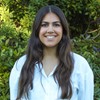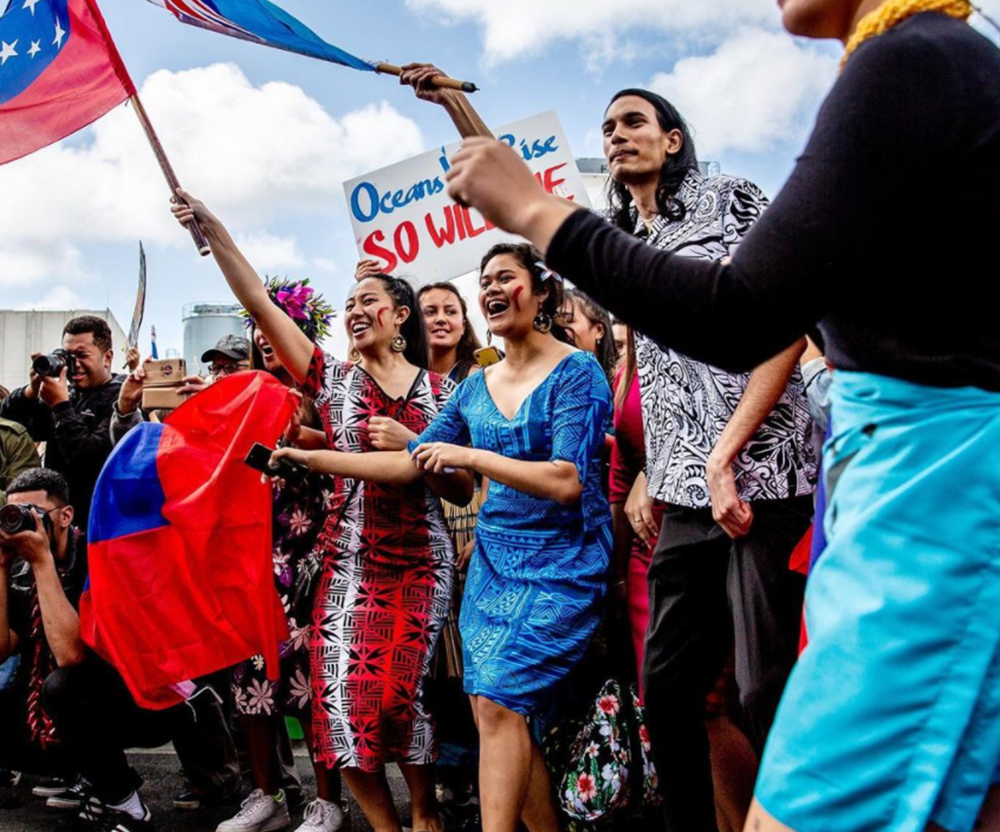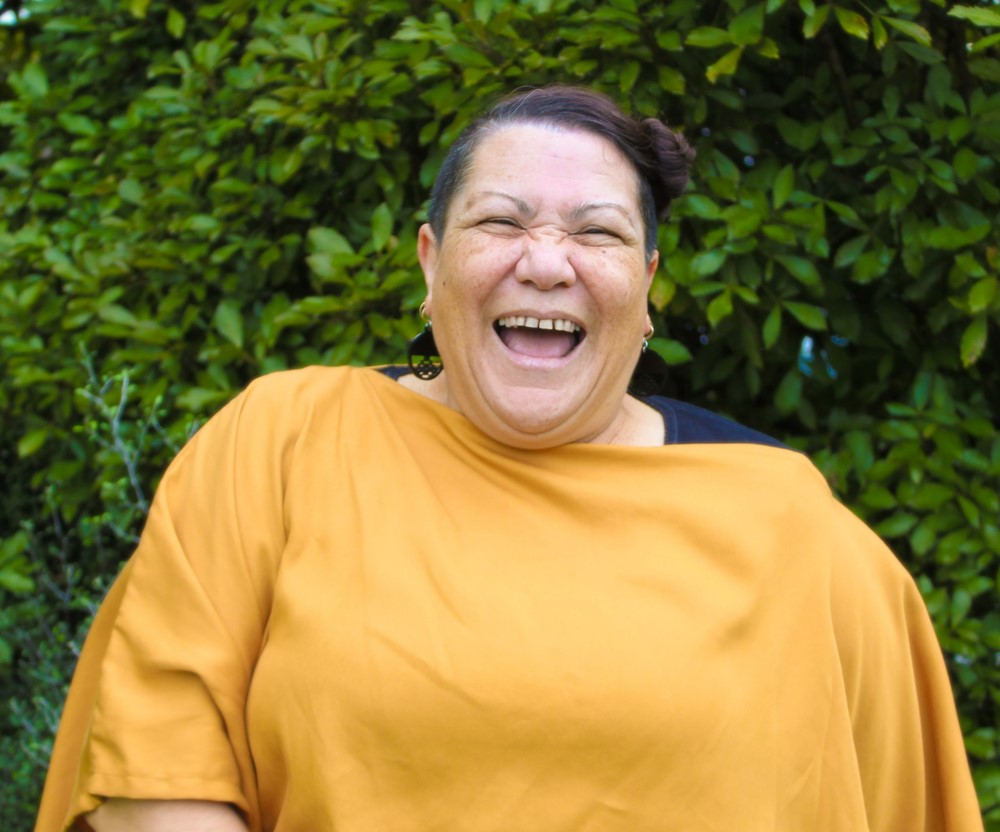
#WAHINEWEDNESDAY: Nina Santos
Categories
Introducing Nina, a 2021 Y25 member! She is a proud first-generation immigrant from the Philippines who is in constant pursuit of breaking glass ceilings. In between studying Law (Honours) & Arts, Nina has stepped up to various leadership roles and has worked across multiple Government agencies as one of NZ’s youngest public servants. Nina’s experiences as a migrant fuels her to champion Filipino representation everywhere she goes. Passionate about digital literacy, Nina believes in the power of social media to influence change. She has worked as a Digital Advisor at the Ministry for the Environment and has also worked with the Department of the Prime Minister and Cabinet to deliver the “Unite against Covid-19” campaign. Nina’s next move is to “shake up the legal world”. She’s the Practice Manager for an award-winning Public law firm and an Advisor for the Superdiversity Institute, the parent organisation for New Zealand Asian Leaders and SUPERdiverse Women.
Get to know Nina!!
What are three words to describe yourself?
Driven, strong-willed and sassy! My middle name may be Gabriella but my personality is more like Sharpay. If you watched Suits then you would understand, my personality is a hybrid of Jessica Pearson, Donna and Sharpay from High School Musical.
What is your go-to movie at the moment? (beware tiny spoiler alert)
I would recommend everyone to watch Soul on Disney Plus. It's a really cool movie. One of the main lessons I got from it is to not limit your whole identity or measure your worth based on big achievements or job titles. Yes, career goals are important - but a job is just a job, it really should not define you completely. One of my favourite tweets reads: “Don't ever attach yourself to a person, a place, a company, an organization or a project. Attach yourself to a mission, a calling, a purpose ONLY. That's how you keep your power & your peace.” I am guilty of being a workaholic, so I’m trying to live by this every day.
Back to the movie: In Soul, the main character finally achieved his life-long goal, but he still felt empty as it wasn't as amazing as he thought it would be. As someone who’s constantly focused on the “next big thing”, that really hit me. My life-work balance is still a work in progress but I’m getting there. I’m always reminding myself to reflect, celebrate little wins, spend time with my family, find joy in everyday things and be a good person. AKA Stop romanticising the hustle culture, sis!
Tell me about your experience moving to Aotearoa at just 14?
I am really lucky. My parents sacrificed a lot to move our whole family to New Zealand in hopes of a better life with more opportunities. Having lived in the streets of Manila, moving to New Zealand was eye opening. It was definitely a big change and the culture shock was real, but it also diversified my whole perspective on life and the world. I think a lot of immigrants and/or children of immigrants can relate to this: seeing how hard my family worked to get us settled here made me want to work harder, achieve more and give back.
Since moving to Aoteroa, I’ve been very privileged to have had so many opportunities. I’ve met incredible people along the way who really invested in me. The Philippines will always be the OG home though - most of my family are still there so I never want to lose my ties with the motherland. My family grounds me. A lot of who I am as a person is down to my family, and my upbringing in the Philippines.
What challenges did you face as a young migrant in New Zealand?
Migrants are built different because we’ve had to build a life from scratch in a new country - often with no money and no networks, whilst also facing racism and discrimination. For me this resulted in a classic case of imposter syndrome and even wallowing in self-doubt. People have mocked my Filipino accent, skipped me for camera interviews in a room of Pākehā students and of course, used me as a diversity token. There are lots of experiences and encounters which made me feel like I was different, and I was.
I went to a highschool that was quite diverse, which did help. Still, the whole experience of migrating was a shock and a huge change for a young girl. From learning New Zealand slang, adapting to a different education system and even changing from two seasons to four seasons - the process of uprooting and moving from one country to another country is life changing. All migrants have this skill of being really flexible and adjusting to change.
Advice to school kids: be nice to the new girl! Be nice to transferees. And if you’re a new migrant to New Zealand, my tip would be to find your people. Life is so much easier if you surround yourself with allies. Those are the people who relentlessly believe in you and believe in your story.
As a migrant woman of colour how does this affect your day to day life now?
Racism is and will always be overtly and covertly present when you have the intersection of being a first generation immigrant, young woman of colour (WOC) and a brown asian. As a consequence of that, I have felt and think a lot of WOC are prone to imposter syndrome. There are these feelings of you not belonging, being a fraud, not feeling wanting to ‘rock the boat’ because you just need to be grateful for having an opportunity in the first place. All my life I have felt the need to be the biggest hustler in the room to even the playing field. But the thing is, this is unsustainable. That’s a recipe for burn out.
As someone with a very diverse intersectionality, I commonly find myself in spaces with people that do not mirror my lived experiences. Sometimes it can be quite isolating. You tend to doubt if you belong, or have enough experience. Which can really add up and really affect your sense of self worth. Rather than ignoring these insecurities I have had about my identity, I have overtime shifted my perspective.
Instead of perceiving my differences as disadvantages, I have learnt to embrace them as my superpower.
When I look around the room, no one looks like me most of the time - and that’s the beauty of it. No one can be me and that is my superpower. No one can do what I do. Why shouldn’t I be proud of that? My advice to women is really to up that self talk. Most of the time it is you in your head that is in your way. You need to back yourself because if you are not for you, then who will be for you?
Tangent: As the eldest daughter of an ethnic family PLUS my migrant background - I feel like I can take on anything life throws at me. Like, bring it on!
How did you become so passionate about digital literacy?
Aside from being a digital nomad and Gen Z, I have found that I have a special knack for social media. I have worked as a digital professional for the last few years. From this experience, two things that I have come to be very passionate about is: bridging the digital divide and building on digital literacy. As New Zealand moves into the digital age, the digital gap has been getting bigger. There needs to be a priority to ensure these technologies that can support so many people are far more accessible.
Another important aspect of digital literacy is building an efficient and effective curriculum to be taught in schools. There is a whole group of children born into a digital age, born into a world of social media. Yet there is a lack of education teaching them to use it in a healthy way. Parents have so much anxiety about their kids using social media. Who is teaching them how to analyse the content they are seeing? How can they decipher what is real news and what is not? People are just mindlessly scrolling, which can be so damaging for our mental health. Digital literacy is about having the tools, understanding how the technology works and having the confidence to use it and communicate with it in a healthy and safe way.
What is your vision for digital literacy and younger people?
My vision for a digitally literate Aotearoa is where everyone, especially young people, are equipped with the skills to responsibly find, evaluate and share online content. One where everyone understands cyber safety and the impact of their digital footprint. At the moment kids are thrown in the deep end and have to navigate it all by themselves.
Another key part of this is the mental health aspect. It is imperative to have the skills to use digital tools in a way that is good for mental health. A lot of insecurities stem from what you see on social media. I can just imagine little kids being exposed to this and not knowing how to process this information. When you are unnecessarily exposed to this content and aren't understanding and grasping the connotations of the content is when it can become potentially damaging.
There needs to be a top down change and a holistic shift in the way we think, view, use and teach it. Government and policy needs to shift. We need to design a curriculum that can be implemented in schools. Needs to be integrated into the education system because that is part of bridging the digital gap. Everyone needs to be able to learn it.
We need to bring everyone on this journey, to ensure we are not leaving anyone behind. As we move through these ages, we leave communities behind. This digital divide has created a new category of social inequity. Because your access to technology is affected by your socioeconomic background, you need government level intervention to make it equitable.
You were the youngest person on New Zealand’s Covid-19 response, How did you get involved with social media and the digital world?
As a Gen Z, I like using social media, and I realised it could actually be a tool to influence change. Throughout law school, everyone was trying to get these legal internships and clerkships. But it wasn't for me, I knew I was drawn to something else. I was always pulled to digital so I worked for the Ministry for the Environment. At 19, I developed their whole social media programme and found myself at the forefront of behavioural change campaigns in relation to te taiao. Last year, I found myself working for the Department of the Prime Minister and Cabinet, doing social media for the Unite against Covid19 response unit. It was really intense but really rewarding. It was so fulfilling to be part of something so big at such a young age. Along with some of our best public servants, I was proud to play a small role in New Zealand's world class Covid response.
Why did you choose to study law?
Currently I am 22 and am the Practice Manager for a boutique law firm, Chen Palmer. I’ve always looked up to Mai as a legal powerhouse and as a superdiverse woman in the law so it’s a dream come true working with her. I was and still am very idealistic with big “imma change the world” energy, so law school was the natural choice. The law as it is, isn’t built for POC and migrant communities - we need to change that.
When I immigrated here about eight years ago I didn't know of any Filipino lawyers. In most of my classes I am still the only Filipino student. I want to boost the representation of Filipinos in the legal area. So I thought, And what better way to do that then be part of the profession?
Do you ever see yourself merging law and digital communications together?
That's the dream. I want to give practice a go after graduation, so I’m working towards being admitted to the bar. I see law as a springboard for other leadership roles, and I’d love to go back to the public sector one day. But TBH - one of my main goals is to start my own digital agency that doubles as a social enterprise - working to bridge the digital gap through outreach in schools. Whether that be running workshops, helping the government design a curriculum- a think tank for all things digital. But also as a lawyer, I know digital law is very up and coming. It would be very cool to be able to practise into that space and merge my two worlds. If not I would love to practise family law. I would really love to work with women and migrants. Which was what I originally studied law for.
Can you share a piece of advice you would give to your younger self?
GIRL, continue being extra, being bold and being sassy! Don't ever shrink yourself to fit into someone's ideal version of you, or for others peoples comfort. Because my personality is an intersection of Jessica, Donna and Sharpay, some people have told me to calm down. But you know what? Life is too short. Do you. The right people will love you for it.
Another piece of advice is to keep going. In life, you will go through dark phases. And it is hard to see the big picture when you are in the midst of that. But if you keep going, there will always be far better things than what you have left behind.
Finally, stop worrying about your weight. You’re pretty special.



